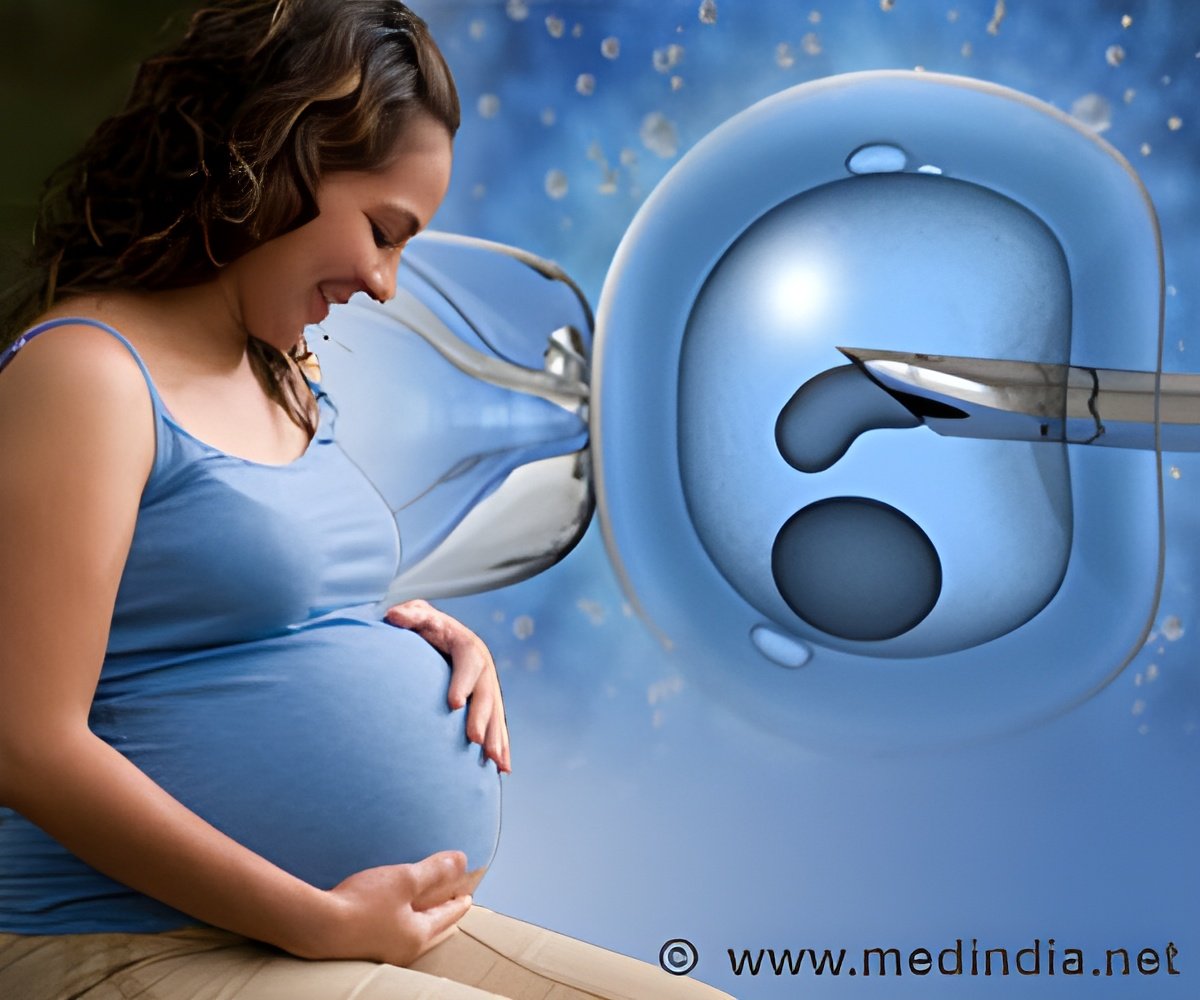Women with high levels of anti-Muellerian hormone are were 2.5 times more likely to have a successful IVF cycle.

Anti-Müllerian hormone (AMH) is produced by the ovaries and were a predictor of pregnancy and live birth, even when the mother's age and egg production were taken into account.
Although a growing body of research has pinpointed AMH levels as an indicator of the number of eggs remaining in a woman's ovaries, this study is the first to demonstrate AMH levels are directly connected to birth and pregnancy rates, regardless of the number of eggs retrieved.
"For women who are struggling to get pregnant, a high AMH level should be very reassuring," said Thomas Brodin, MD, of Uppsala University in Sweden and lead author of the study. "High levels of this hormone mean there is a greater chance they have plenty of healthy eggs remaining to support a pregnancy."
Researchers concluded high AMH levels are associated with successful IVF treatment because the hormone levels reveal important information about the quality as well as the quantity of eggs left in a woman's ovaries. Women who have high AMH levels are likely to have a high proportion of eggs capable of developing into healthy embryos, Brodin said.
The prospective cohort study tracked 892 women who underwent IVF treatment at the Carl von Linné Clinic in Uppsala between 2008 and 2011. The participants underwent a total of 1,230 IVF cycles. AMH levels in the participants' blood were measured prior to treatment.
Advertisement
Although researchers did not find a cut-off point below which women could not get pregnant, IVF success rates dropped substantially as AMH levels declined. Among the study participants who had AMH levels below 0.2 ng/ml, 53 IVF cycles resulted in only 18 embryo transfers and the birth of three children.
Advertisement
"Our data suggests women who have polycystic ovaries are likely to be good candidates for IVF," Brodin said. "Along with high AMH levels, this group tends to have a significant supply of eggs remaining in the ovaries."
Source-Eurekalert










